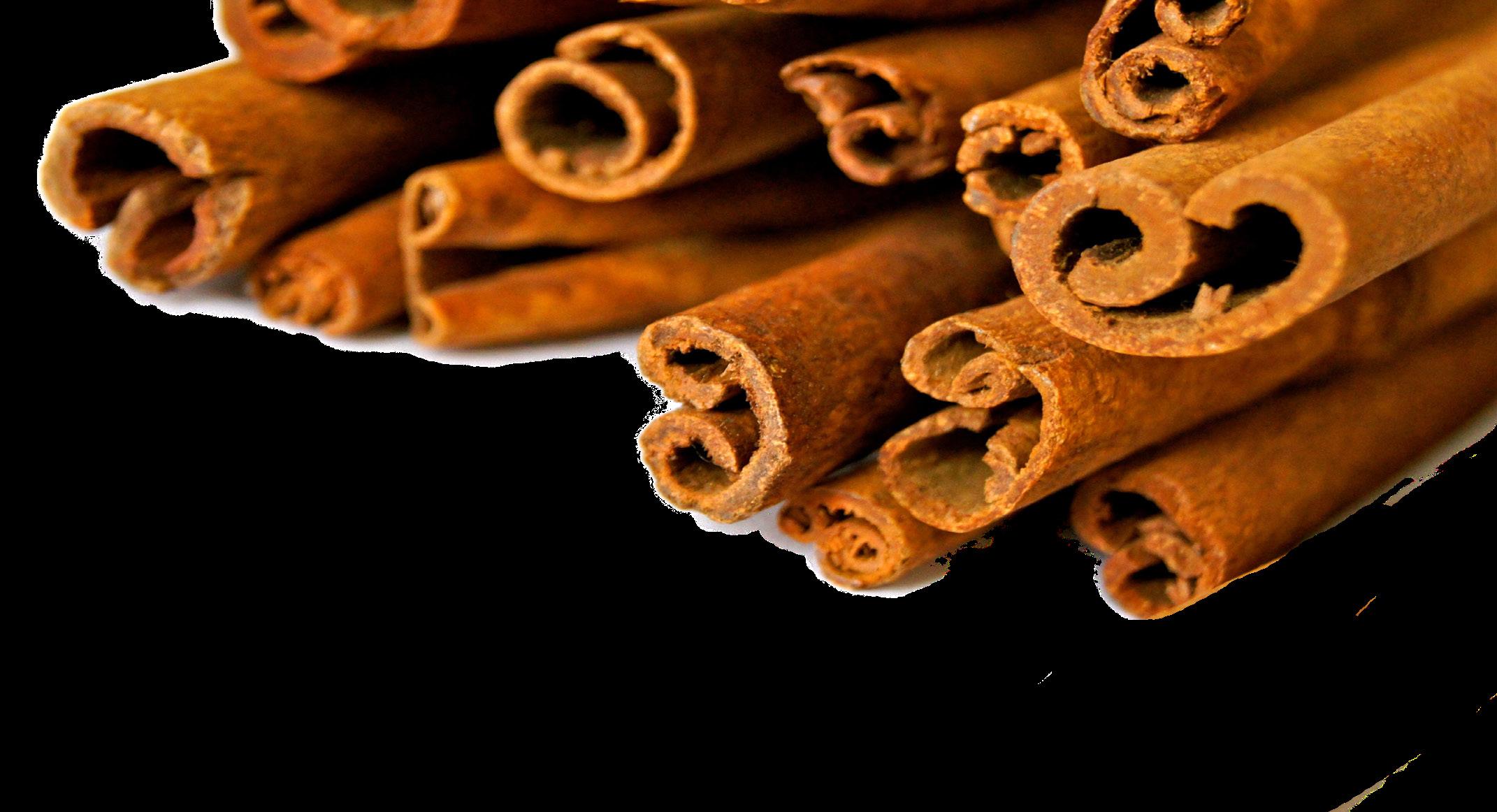Hadassah Grosskopf
CHANUKA AND PURITY
F
or me, this month is one of the most beautiful times of the year. It gets dark early, it’s cosy inside, and Chanuka is just around the corner. We know that the best way to light the Menorah on Chanuka is to use shemen zayiz zach, pure olive oil, as it says in Vayikra 24:2, 'שמֶן ז ַי ִת ז ְָך ּכ ָתִית ֶ ׁ שׂרָ אֵל וְיִקְחּו אֵלֶיָך ְ ִ בּנ ֵי י ְ צ ַו אֶת תמִיד ּ ָ העֲל ֹת נ ֵר ַ ְ‘ ’לַמָאֹור לCommand the children of Israel, and they shall take to you pure olive oil, crushed for lighting, to kindle the lamps continually’. At the beginning of the Chanuka story, the Greeks wanted to dilute our purity, to dilute the kedusha within us. Their strategy was to try to take away our holiness by concealing their true intentions and pretend that they weren’t trying to stop us from serving Hashem. They said ‘Sure, light the menorah in the Beis Hamikdash, but just do it with pig fat.’ ‘No problem, get married to other Jews, but first you have to live with a nonJew’.
When we revisit the story of Chanuka, and when we light the menorah in our houses, we sometimes forget that this is the only Jewish Festival where Am Yisrael behaved in a terrible way, and yet Hashem still saved us without us doing teshuva first. Many Jews at this time had assimilated into the Greek culture which glorified and deified the physical. They had completely abandoned their service of Hashem. In what merit did we justify salvation? Lighting the menorah was a proclamation that we would do anything for purity. A group of righteous people called the Maccabees stood up and declared NO, this is not the way I want to serve Hashem. They saw the impurity of the Jews around them, and instead of accepting it as ‘their problem not ours’, they had love for every Jew, and they lifted up each fellow Jew around them. They spread their message that Klal Yisrael can do better, and they fought to have their pure Judaism back, risking their lives for their brothers and sisters. And then Hashem showed us that He still loved us, and He chose to save us by letting the Maccabees win. It’s hard to remember sometimes that Chanuka is a time of year for reflection. When we light the pure olive oil of our menorahs, we stand and thank Hashem for the great miracles that He did for us. As we watch the flames that represent truth flicker and glow, we should be thinking about our own internal spiritual light. Are we striving for purity? How do we serve Hashem? If we are sensitive to being our purest selves, we would start saying no to the things that we know are wrong for us. What do we look at with our eyes? Where do we go with our feet? What words do we say with our tongues? Are we using our bodies for holiness? Or are we still similar to the Greek culture, where our bodies are only worthy if we spend time on them, or look a certain way? If you look at a kallah on the day of her wedding, she wears a beautiful, pure white dress. Along with her chosson, she spends the time before her chuppah fasting and davening. When else do men and women wear white and fast? On Yom Kippur, when we are representing our purest selves, when the slate is wiped clean from any negative marks we’ve made. Our Sages tell us that when a chosson and kallah stand under the chuppah together it is like a mini Yom Kippur; their slate is wiped clean, their sins are forgiven and they start life together: fresh, new and pure. A kallah stands under her chuppah looking her most beautiful self, and all eyes are on her as she circles her chosson and davens that they should build together a bayis ne’eman b’yisrael. The holiness and purity that surrounds them is so beautiful to witness as they think about the kind of home they want to build together, one where they strive to serve Hashem with love, holiness and purity. This Chanuka, let’s try to do the same. Hasassah has been a torah educator for the past ten years. She loves sharing torah thoughts, and also showing women that modest fashion can be fun and trendy. You can find her on Instagram at @wherefashionmeetstorah where she aims to inspire others to grow in Emuna and find the beauty in living an authentic Jewish life.
13






























